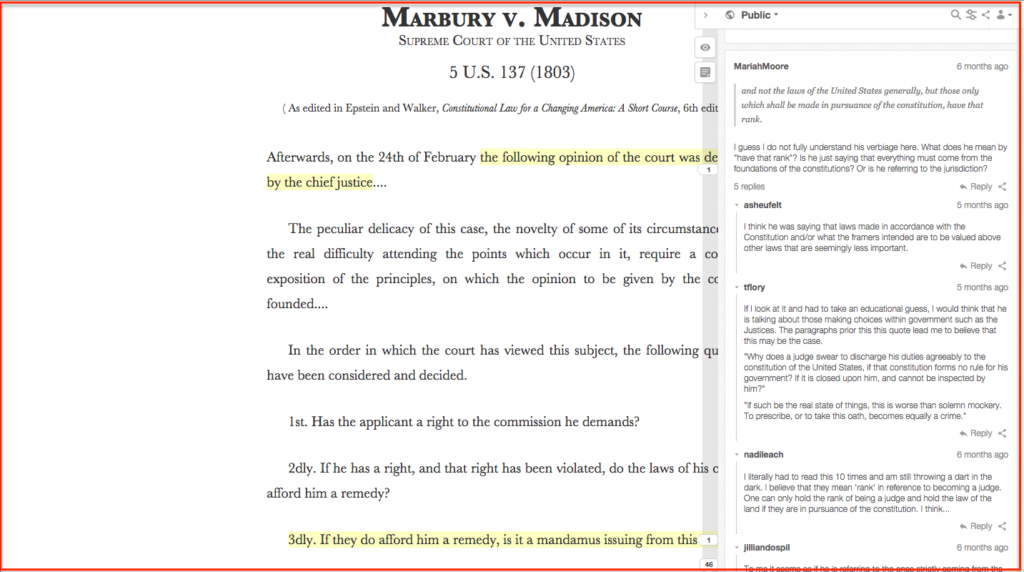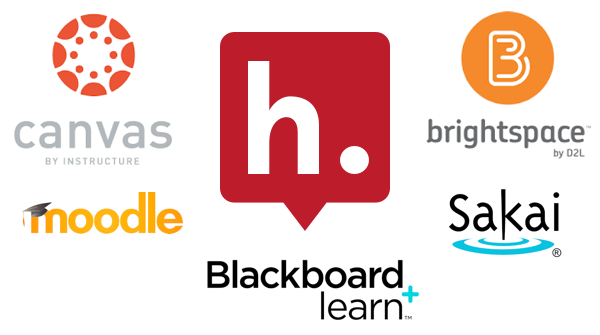by Nathan Loewen, Faculty Technology Liaison & Department of Religious Studies Based on an interview and materials shared by Dr. Traci M. Nathans-Kelly, College of Engineering at Cornell University I recently spoke to Dr. Traci Nathans-Kelly, who is a partner teacher for Games Design courses at Cornell University, where they have used Discord for Spring 2020 and 2021. This was a unique challenge for these courses that rely heavily on in-person teams and live playtesting. Dr. Walker White is the instructor […]
Read More from Using Discord + GitHub to Organize Small Group Active Learning








